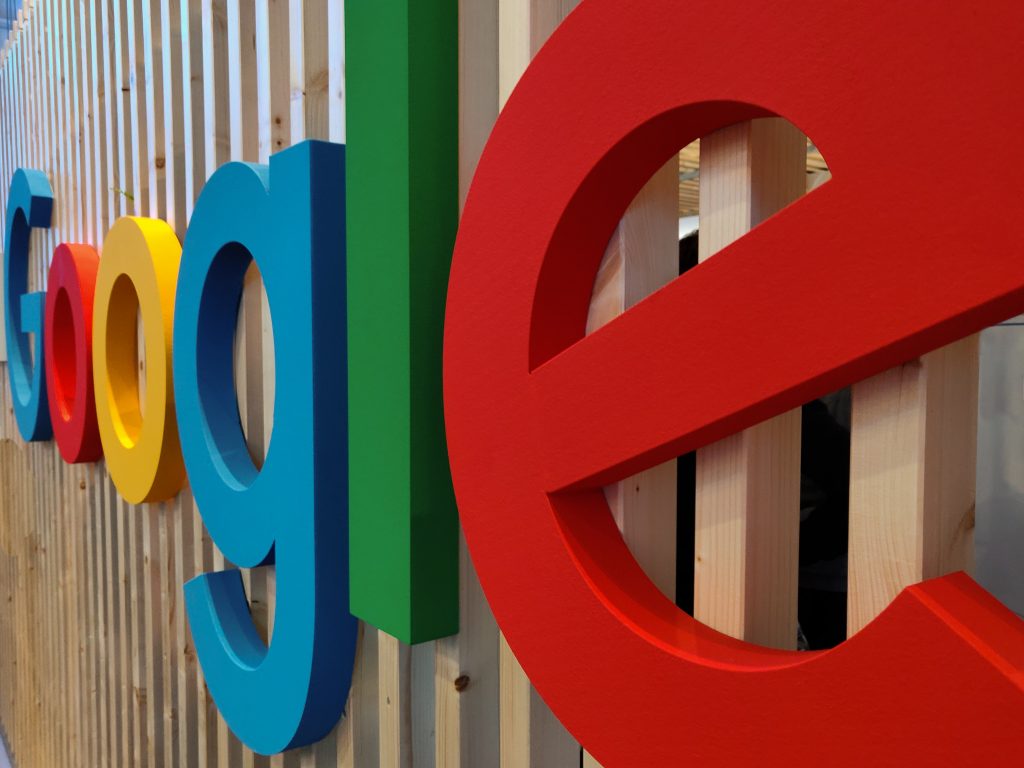#1. Young people are giving up hope of getting their dream job
Young people have been particularly hard hit by the COVID-19 pandemic and the subsequent lockdown of our economies. As apprenticeships stall, jobs become unavailable, and youth unemployment rises – and with young people in the UK, for instance, three times as likely to be jobless than the general population – many young people struggle to make ends meet. Furthermore, in the UK alone, about a third of those aged 16-25 feel pressured by the current situation to give up hopes of getting their dream job. According to results of a poll carried out on behalf of Prince Charles’ Trust in September, two in five young people expected to “never have a job they really love,” which rose to more than half tor those from poorer backgrounds.
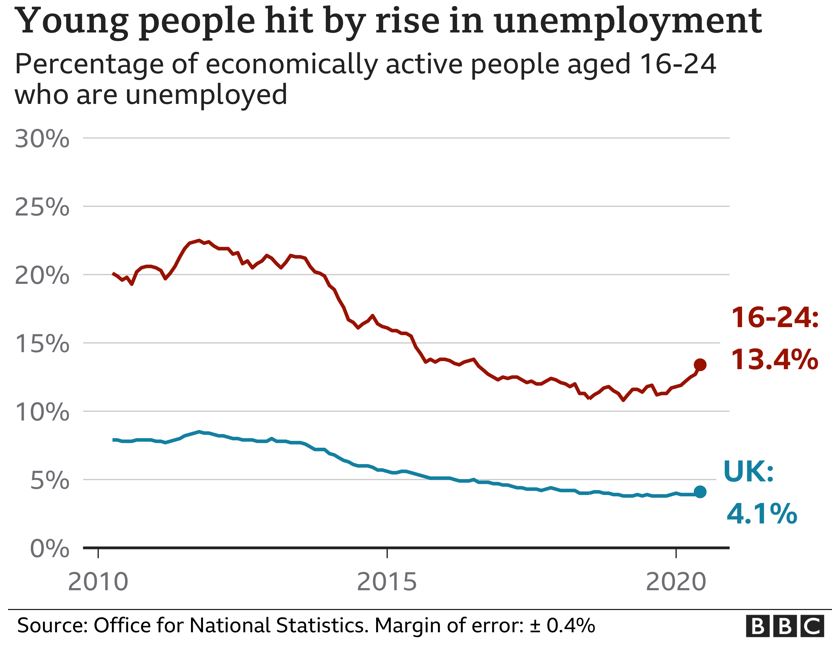
#2. One in four women considering leaving workforce or downshifting careers
But young people are not the only demographic suffering the negative consequences of COVID-19. It appears that women and mothers, in particular, are also finding their place in the workforce more at risk. According to the New York Times’ Amanda Taub, gender equality in the workplace might be rolled back by as many as ten years. Furthermore, according to a study by LeanIn.org and McKinsey on the state of women in corporate America released this week, at least one in four women are considering downshifting their careers or leaving the workforce because of COVID-19. Among senior-level women, three in four of them cited “burnout” as the reason why they consider stepping out of the workforce or downshifting, reports ABC news.
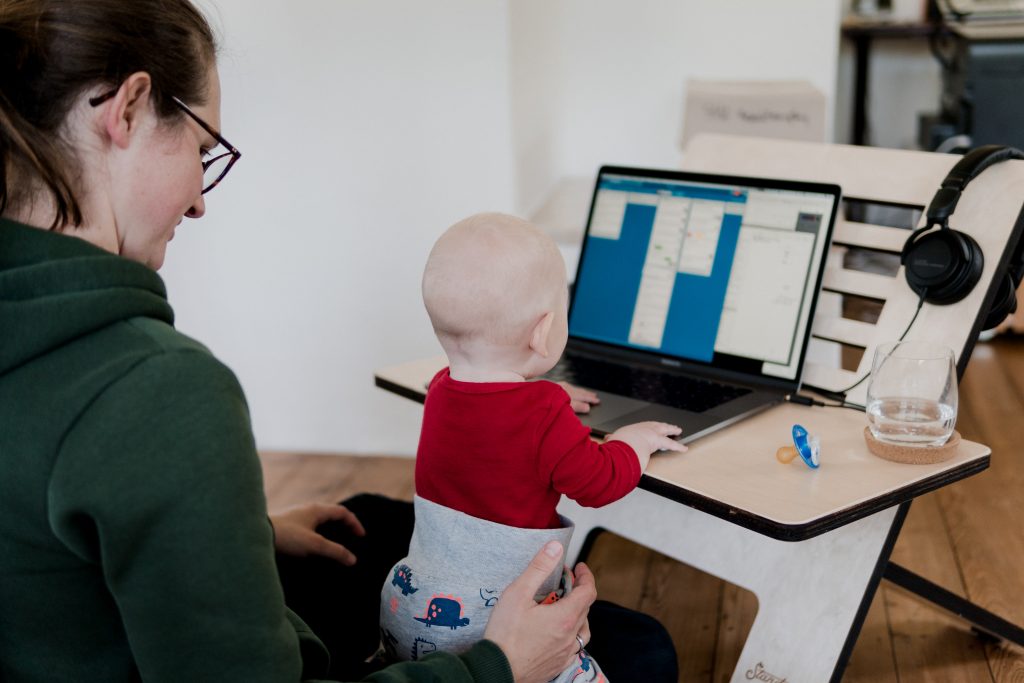
#3. Hundreds of thousands of airline jobs at risk
Despite the far-reaching negative effects of COVID-19, many economies show signs of recovery and are adding new jobs as we speak. That said, it appears that some industries, including the aviation industry, are bracing for a lasting impact. According to the International Air Transport Association, air traffic in 2020 is expected to be 66% below the level it was last year. With a reluctance to travel at an all-time high and with governmental support schemes coming to an end, hundreds of thousands of airline jobs are at risk. Tourism is another sector hit particularly hard. Amid layoffs in the industry, Walt Disney has announced it would cut 28,000 jobs at its theme parks due to the pandemic.
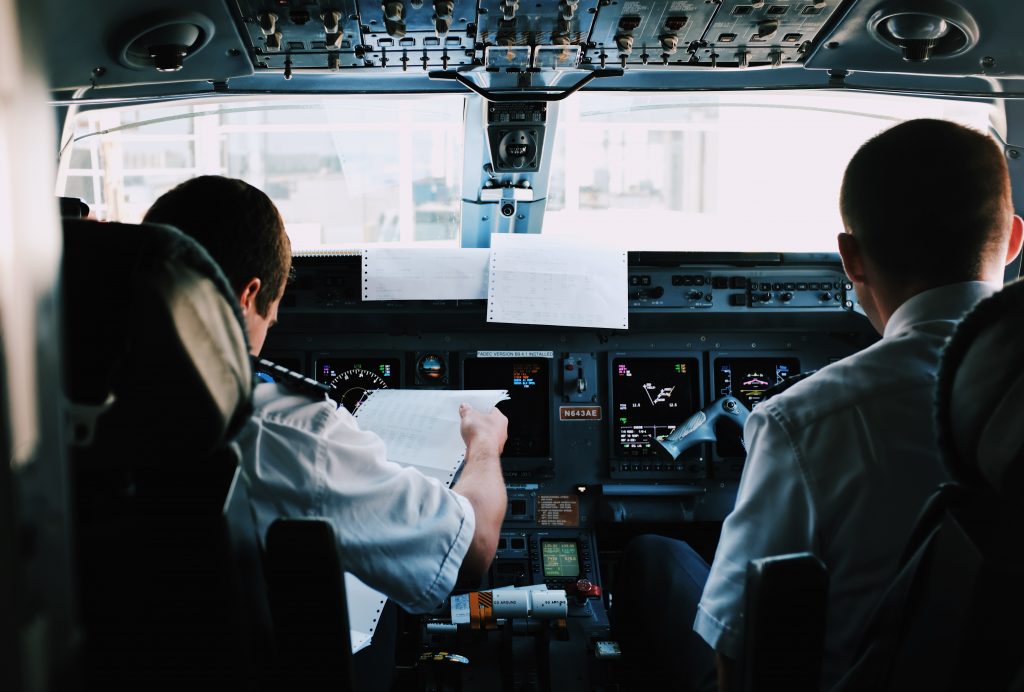
#4. Spain extends COVID furlough scheme to January and plans to define delivery cyclists as employees
Recognising the challenges of many industries and workers struggling during the pandemic, the Spanish government has announced it would extend its COVID furlough scheme to January. The last-minute extension, hours before the ERTE scheme was due to expire, will bring “hope for [the] country’s businesses and workers”, said Spain’s Labour Minister Yolanda Diaz. As of September, some 750,00 workers were still dependent on the state’s support despite the fact that 6 million workers have already returned to the labour market. In similar news, the Spanish government has also announced it would start working on legislation to define delivery cyclists as employees rather than freelance workers. The news follows a decision handed down by the country’s Supreme Court that ruled that riders for Barcelona-based food delivery app Glovo were actually employees, not freelancers.
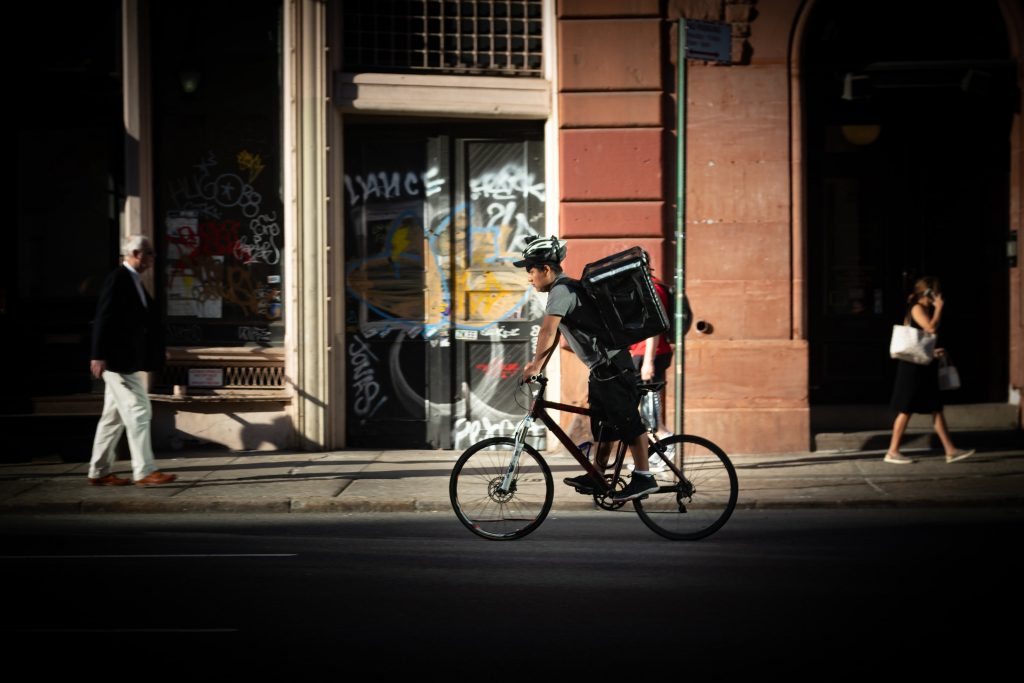
#5. Google embraces ‘hybrid model’ of work and plans to reconfigure its offices
Google’s CEO says the future of work involves a ‘hybrid model’, and the company is already reconfiguring its offices for employee ‘on-sites,’ reports Business Insider. While offices are expected to stay, their function will change. Instead of spending much of their time in the office, employees will mostly work from home but gather in the office on a regular basis. He explained that “in-person, being together, having that sense of community, is super important for whenever you have to solve hard problems.” In the meantime, however, the company has allowed its employees to work from home until at least next summer to bridge the uncertainty caused by the pandemic.
